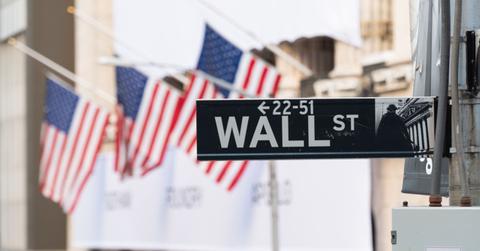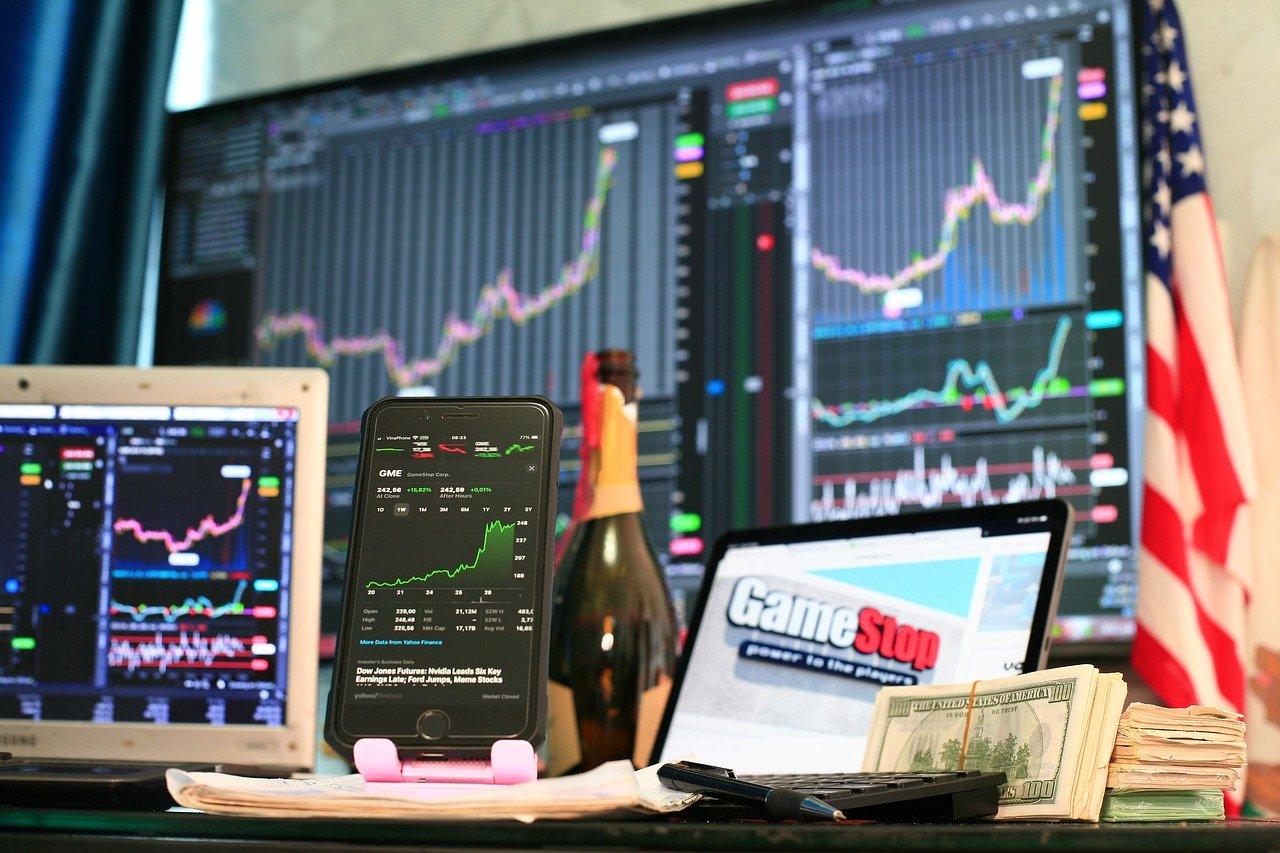The Stock Market Is in a Bubble—When Will It Pop?
The U.S. stock market has been scaling greater heights despite inflation and higher rate expectations. So, is the stock market in a bubble?
July 6 2021, Published 12:22 p.m. ET

The stock market seems to be disconnected from economics and other considerations. For example, the S&P 500 has been notching higher highs despite fears regarding another wave of COIVD-19. Higher-than-expected inflation is prompting the Fed to tighten the policy, which is usually negative for stocks. However, none of these factors has stopped the markets from hitting highs. So, is the stock market in a bubble?
The S&P 500 had its strongest week since February for the week ending June 27. The obvious disconnect between the economic reality and the stock market has led many market experts to warn of a stock market crash.
What is a stock market bubble?
In a financial context, a bubble refers to a phenomenon where the price of a particular asset rises exponentially over and above its intrinsic value. A bubble in the stock market can form when investors bid up the prices of stocks on pure speculations. The underlying market conditions, economics, and political environment don't support the stock market enthusiasm.

In this environment, people are willing to pay much more for stocks than their earnings and revenue potential justifies. This could happen for a number of reasons, including fear of missing out, herd bias, or purely wrong assumptions. A stock market bubble needs to be differentiated from a real advance, which hinges on strong fundamentals. A market emerging from a recession or a downturn also makes way for a real stock market advance.
Are we currently in a stock market bubble?
Currently, stocks are trading near their all-time highs. The stock markets quickly recovered from the COVID-19 driven crash and have been soaring. According to FactSet, the S&P 500 index’s 12-month forward price-to-earnings valuation is 22.4x, which is much higher than the 5-year average of 18.0x and the 10-year average of 16.1x.
While the S&P 500 net profit margin for the first quarter of 2021 was at an all-time high of 12.8 percent, it's expected to decline going forward. According to FactSet's consensus, the margin should decline to 11.7 percent in the second quarter. Higher inflation will show up in stock prices too and they will decline. Therefore, going by the market’s valuation, fundamental backdrop, and outlook, the stock market seems to be in a bubble now.
Michaeal Burry on the stock market bubble
Many market experts have been predicting a stock market downturn or an absolute crash. Michael Burry and Jeremy Grantham have more dire warnings and see the market crashing, while Leon Cooperman, Jeffrey Gundlach, and Stanley Druckenmiller are expecting a market downturn. “The Big Short” fame Burry, in particular, has been quite vocal about the impending market crash. In June, he said that the state of markets is the “greatest speculative bubble of all time in all things.”
He also pointed to the price action in Tesla, GameStop, Bitcoin, and Dogecoin as signs of speculative excess.
Grantham has also sounded similar alarm bells earlier in the year regarding the stock market. He described the market as a “fully fledged epic bubble” in January. Grantham also mentioned that when the market reaches this level of super-enthusiasm, the bubble always bursts in the next few months.
When will the stock market bubble burst?
A bubble usually bursts when there's a drastic change in expectations. Investors have been exuberant following stocks’ huge run and the stock market’s all-time high net margins in the first quarter. However, as inflation picks up the pace (which it already is) and Fed adjusts its policies to reflect higher inflation expectations, the bubble could pop. The Fed has already started talking about asset tapering and has brought forward its rate rise expectations, based on its dot plot graph.
If inflation keeps on rising for a few more months, the Fed will be forced to increase its rate expectations sooner rather than later. This catalyst along with fears about another COVID-19 wave could cause the stock market bubble to pop in a few months.
